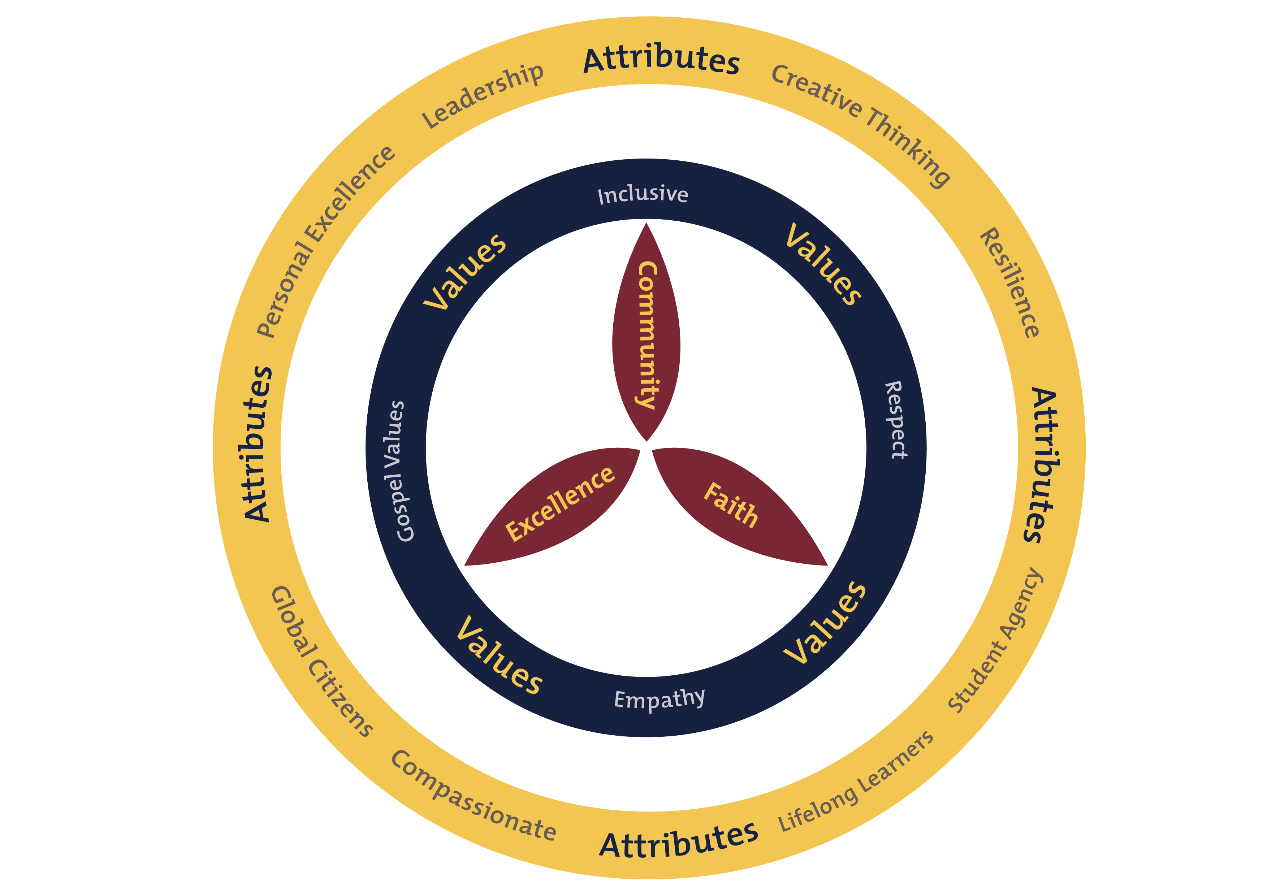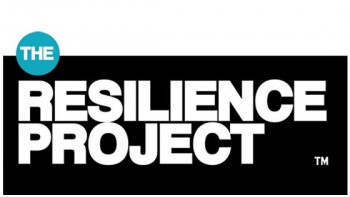Introduction
Our Wellbeing Framework is underpinned by our College’s Shared Vision and our Pastoral Care philosophy which calls for a standard of care for students that is explicitly modelled on the example of Jesus and the Charism of St. Mary MacKillop. It fosters concern for the dignity and growth of all students, staff and parents. It requires a commitment to create forgiveness, hope, healing and reconciliation in order for all members of the college community to experience the formation, development and enrichment of authentic and positive relationships. Student wellbeing is at its best when students feel connected through the formation of authentic and positive relationships. When these are visible in a school, students are more likely to flourish and be active participants in an educational setting that seeks to enhance their learning and develop their physical, emotional, spiritual and social attributes.
Purpose of the Framework
The Penola Catholic College Wellbeing Framework consists of an overarching vision, key elements, guiding principles, and effective practices to support the school community in order to build and maintain safety, positive relationships and wellbeing in the Catholic tradition. The key elements focus on inclusion, student voice and community partnerships with the view of developing respect, empathy, gospel values and through our Josephite charism, fostering a sense of community.
This framework creates a platform for staff, as well as students and parents to build a positive and inclusive learning environment through explicit teaching, evidence informed practices and active participation of the whole school community.
In addition, this framework seeks to work with all the key stakeholders via a whole school approach to wellbeing, with pillars of support that includes proactive strategies for the development of positive student attitudes and behaviour. It features programs focussed on resilience, creative thinking, the development of becoming a global citizen and the importance of life-long learning.
Our framework is informed by the AITSL teaching standards as well as the Australian Curriculum and Melbourne Archdiocese Catholic Schools eXcel framework. It affirms students’ rights to accessible education, safety and wellbeing and emphasizes the importance of students having authentic opportunities to give voice to issues that involve them.

Resilience Project
As part of the Wellbeing Framework Penola Catholic College has introduced the Resilience Project in 2022. Please find an introduction by founder Hugh van Cuylenburg on what the project is and what it aims to do.
The Resilience Project was founded by a primary school teacher – Hugh van Cuylenburg. This is his story;
“In 2008, I was fortunate enough to spend a few months living and volunteering in the far north of India. In this

desert community, there was no running water, no electricity, and no beds; everyone slept on the floor of their desert hut. Despite the fact these people had very little to call their own, I was continually blown away by how happy they were .It was this experience, and subsequent post graduate studies, that have led me to some pretty simple conclusions about the things that we need to be doing here in Australia if we want to be happier. In a nutshell, I learnt in this desert village that practicing gratitude, empathy (compassion) and

mindfulness leads us to a happier more fulfilling
experience.Once I discovered these three principles
were alsoevidence based, I thought it might be a good
idea to turn this into a program for schools. Turns out it
wasn’t just schools that wanted to hear this message!”
– Hugh van Cuylenburg
We deliver emotionally engaging programs to schools –
providing practical, evidence-based, positive mental health strategies to build resilience and happiness. Through presentations, school curriculum, teacher diaries and our app, we seek to help all Australians become mentally healthy. We have delivered programs
to over 1000 government, independent and private schools
nationally and are regarded as one of the most engaging
positive mental health programs in the country. Our schools
program has been designed by teachers for teachers, and has
been evaluated by the University of Melbourne.
Erin Bonavia and Stuart Harrison